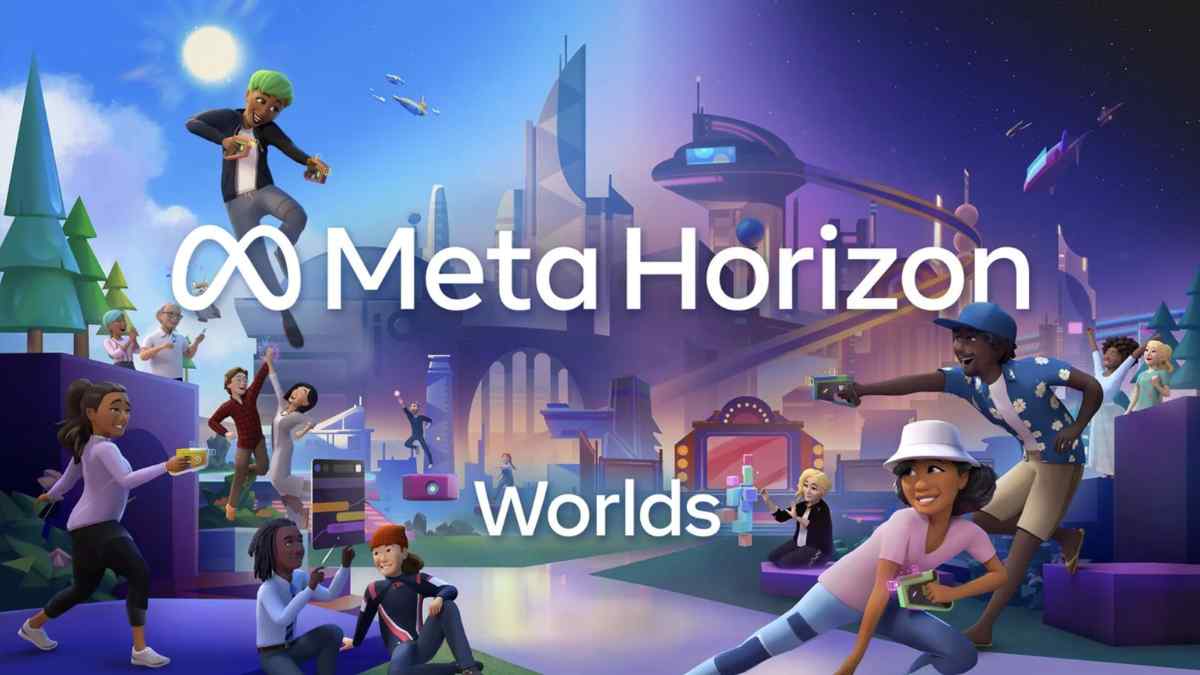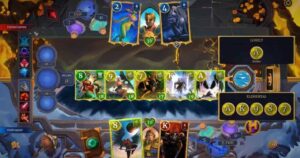Meta is getting ready to change the way people create inside Horizon Worlds. Instead of building environments piece by piece, users might soon be able to describe a world in plain language and have the system generate it for them instantly.
This isn’t just about speeding up design. It’s about shifting the balance between creator input and algorithmic output. And depending on how it’s handled, that shift could either unlock a wave of creativity or flatten it entirely.
AI is moving from helper to builder
Meta has already been using AI to assist creators with assets and environments. The difference now is scale. Instead of offering suggestions or speeding up specific tasks, the AI will be able to generate full worlds from a simple prompt. Think “a jungle temple at sunset” and watching that space appear, complete with lighting, geometry, and maybe even ambient sounds.
This could remove technical hurdles for casual users. People without modeling skills or scripting knowledge might finally have the tools to make something playable or social in VR. But the trade-off is obvious—if the AI is doing most of the heavy lifting, what happens to personal style or intention?
Horizon still needs direction
Even with AI stepping in, Horizon Worlds hasn’t exactly nailed what people want from social VR. User engagement is still inconsistent, and the platform lacks the stickiness of more open, mod-heavy virtual worlds like VRChat or Rec Room.
Bringing in generative tools could spark more activity, but it won’t fix the underlying issue: Horizon often feels like a series of tech demos searching for meaning. If AI creates the architecture but there’s no deeper interaction design behind it, the result may be beautiful but empty.
Context from other creative platforms
This kind of auto-generation isn’t unique to Meta. Roblox is experimenting with AI assistance, and Unity’s Muse tools are doing similar things on the game dev side. The idea is catching on everywhere—accelerate creation with prompts, then fine-tune later.
But in Horizon’s case, there’s an extra wrinkle: it’s not just for games. It’s supposed to be social. That adds pressure to make worlds that aren’t just pretty or technically clever, but actually worth spending time in. AI might be great at building the bones, but that doesn’t guarantee it builds a soul.
The long-term question: who’s really creating?
If Meta’s vision plays out, millions of users might one day build worlds by typing a sentence. That sounds powerful. But it also hands a lot of control to the system itself. The more generative tools shape what’s possible, the less diversity we might see in what actually gets made.
There’s nothing inherently wrong with automation. But in creative spaces—especially ones tied to identity and community—the boundaries between tool and artist matter. The challenge for Meta will be to make AI useful without making it dominant.
What to watch going forward
Meta says the feature is “very close” to rollout. When it hits, the reaction will tell us a lot about what users actually want from Horizon. Will casual players flood in to build quick spaces? Will more serious creators feel pushed out or liberated?
It’s also a test for the platform itself. If AI-generated content becomes the new normal, Meta has to ensure it doesn’t drown out the human part of virtual worldbuilding. Because even in VR, the most important thing isn’t what you see—it’s who made it, and why.
Virtual Reality Explorer & Game Reviewer
Always the first to plug in. VRSCOUT dives head-first into the most immersive VR worlds, analyzing mechanics, comfort, innovation, and that elusive “presence” factor. If he says it’s worth it, it probably is.




